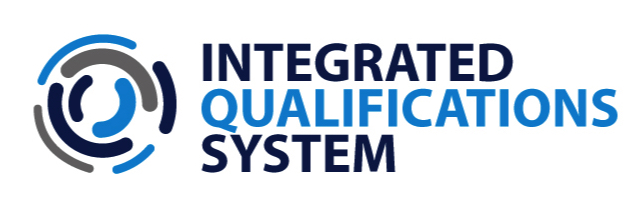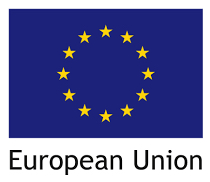Brief information about validation
Let us assume that you have the knowledge and the skills needed to perform a particular profession but you lack an official confirmation of such competences. Validation refers to the process, in the course of which your skills are assessed by professionals in a given area. It is not relevant how you have acquired your competences. It is acceptable for a candidate undergoing validation to have learned at home through on-line courses or naturally by performing his/her job. Validation consists in the assessment of the so-called sets of learning outcomes, which are precisely systematised and described sets of information on what a candidate needs to know and be able to do in order to be awarded the given qualification.
How is validation helpful?
For candidates – the validation process helps students plan and set long-term objectives and determine what needs to be done in order to achieve these objectives. In the course of validation, it will be assessed whether you possess all the skills necessary for the awarding of the qualification. Upon successful completion of the validation process, the candidate receives the relevant certificate. The document will significantly improve your position on the labour market. Recruiters working for reputable companies seek qualified employees, who can prove their competences. What is more, thanks to the PQF (Polish Qualifications Framework) trademark, the certificate is also recognised in other EU states. This means that you can look for employment opportunities on the entire European market.
For employers – validation is a particularly useful tool for small and medium enterprises, which seek to improve the competences of their human resources or want to avoid expensive mistakes made in the course of the recruitment process. A certificate confirming a specific qualification is a reliable guarantee of the skills possessed by a candidate.
In the event an employer becomes involved in the process of validation of its employees, it is possible not only to improve their competences but also boost their motivation and engagement.
Another benefit for employers is the possibility of finding new employees through validation. For example, a company may offer a chance to gain professional experience. Such support adds to the loyalty of a future employee towards the company and significantly reduces the time needed to attain the qualification. The future employee has the opportunity to learn the methods and good practices used at the company.
Who can undergo validation?
The validation process can be useful particularly for individuals planning on changing their occupation or those who simply wish to improve their competence, e.g. in order to be promoted.
Validation is also addressed to people threatened with occupational exclusion and those who have remained unemployed over a long period of time. Even more so, if such individuals have gained new learning outcomes, which are relevant to their chances of finding a job. It is similar in the case of persons returning to the labour market following a long absence period, during which they acquired new competences (e.g. through tending to their children or other family members). Moreover, validation can be useful in the event you have gained new competences through voluntary service or simply through developing a hobby and would like to be awarded the qualification, which would act as a confirmation of what you have learned.
Main benefits of validation
- Reliability of validation – attention to the consistency of the competence assessment methodology.
- Correctly defined standards – the criteria for the sets of learning outcomes are determined by experts in a given field.
- A long-term effect in the form of a reputable certificate – prospects for improved position on the labour market with an officially confirmed qualification.
- Professional development – attainment of the certificate increases your chance of a successful return to the labour market and finding employment.
- Assessment of or filling in the gaps in your competences – confirmation of your knowledge and skills acquired through non-formal and informal education.
- Adaptation to individual needs – accessibility of career counselling services. The validation process allows for the intention of the learner.
- Benefits for employees and companies – improved competences and productivity of employees, which translates into higher revenue.
- Compliance with national and European standards – a certificate holder can prove his/her skills both home and abroad, as each certificate bears a Polish Qualifications Framework trademark.
What are the restrictions relating to undergoing validation?
Validation offers equal opportunities in terms of recognition of skills and competencies of individuals regardless of where and how these skills and competences were acquired. If you have the knowledge and the skills required for the given qualification, there is nothing stopping you from undergoing validation. Everyone is eligible for validation. The only restriction is that candidates must be at least 18 years old.












